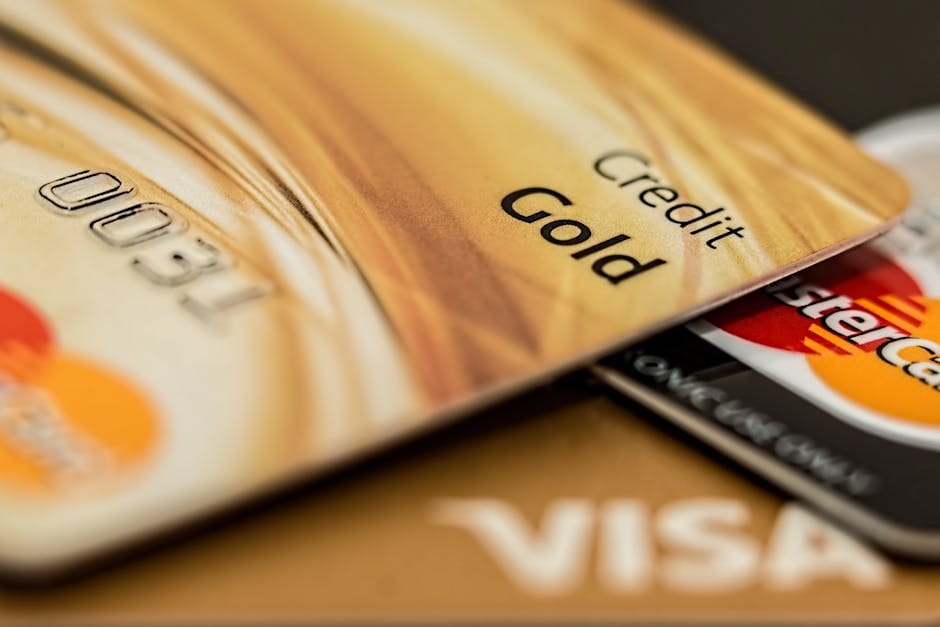A credit score is a number that lenders use to assess your creditworthiness. It's based on your credit history, which includes factors like your payment history, the amount of debt you have, and the length of your credit history. Your credit score can affect your ability to get approved for loans, credit cards, and other financial products. It can also affect the interest rates you pay on these products.
**How to Improve Your Credit Score**
There are a number of things you can do to improve your credit score. Here are a few tips:
* Pay your bills on time, every time. This is the most important factor in determining your credit score.
* Keep your credit utilization low. This means using only a small portion of your available credit.
* Don't open too many new credit accounts in a short period of time. This can raise red flags for lenders.
* Dispute any errors on your credit report. If you see something that's inaccurate, contact the credit bureau and ask them to investigate.
* Build a long and positive credit history. The longer you have a good credit history, the better your credit score will be.
**How to Get a Copy of Your Credit Report**
You can get a free copy of your credit report from each of the three major credit bureaus (Equifax, Experian, and TransUnion) once per year. You can request your free credit reports online, by phone, or by mail.
**What to Do If You Have a Bad Credit Score**
If you have a bad credit score, don't despair. There are a number of things you can do to improve it. Start by following the tips above. You may also want to consider working with a credit counselor. A credit counselor can help you develop a plan to pay off your debt and improve your credit score.
**Conclusion**
Your credit score is an important number that can affect your financial life. By following the tips above, you can improve your credit score and open up more financial opportunities for yourself.

